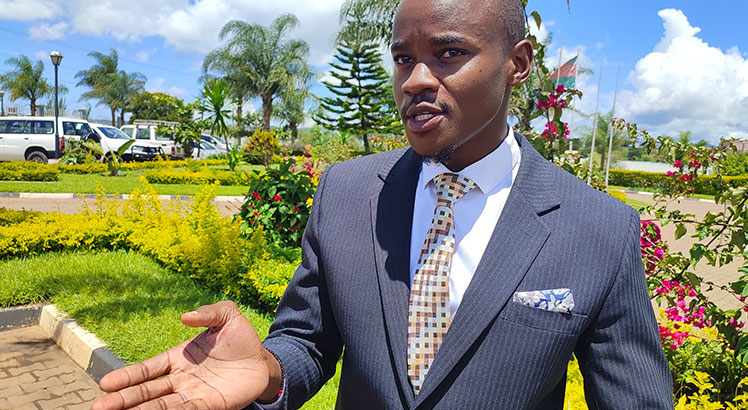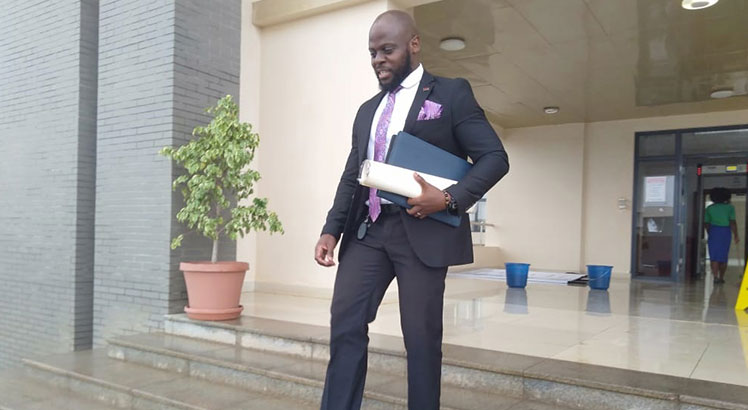Directors lament healthcare crisis, low funding
Directors of health and social services (DHSS) in the country’s 28 districts have lamented the dire situation health facilities face, including low drug budget, high vacancy rate and dilapidated infrastructure.
The officials met yesterday in Mzuzu under the Health Services Managers Network (Hesnet), an affiliate of Malawi Local Government Association (Malga) for their first annual general assembly.
The network’s chairperson Dr Henry Chibowa Junior, who is DHSS for Mangochi, noted in his presentation that per capita expenditure on health in the country remains at $39.9 million (about K41 billion) against the recommended $86 million (K89 billion) by the World Health Organisation.

He said: “On the amount of drugs needed at a district level versus the amount of drugs procured, you will see that we are given half. Assuming you need K1 billion, what we are given is about K500 million. How do you serve the people properly when you have lower provisions?”
Chibowa emphasised the need for the government to fully devolve the entire drug budget, currently at 10 percent, to local councils, saying the changes will help the DHSS look for alternatives in case the Central Medical Stores Trust has run out of drugs.
This year, Minister of Finance and Economic Affairs Sosten Gwengwe allocated K27.7 billion towards the drug budget, meaning, based on Hesnet, that budget should have been doubled to K55.4 billion.
Deputy Minister of Health Enock Phale said the ministry was aware of the challenges that the health sector is facing at the local level.
He challenged the network to address drug theft and pilferage at the local level, improve service delivery and reset the tone and culture of public service.
Phale said: “We take recognition that human resources are in short supply, the issues are also related to wage bills and some of the things may be beyond us because we need resources for recruitment and also remuneration.
“You have seen recently that we have engaged partners to help us recruit some staff because of the pandemics before us. If given resources, we shall ensure that we make good use of them.”
Malga executive director Hadrod Zeru Mkandawire hoped that the meeting will help come up with areas which policymakers at the Ministry of Health can act on to improve service delivery.
Between 2019 and 2022, the drug allocation in the annual health budget has dropped by almost 16 percent from 25.6 percent in 2019/20 fiscal year to 9.8 percent for the current 2022/23 total health budget.
The meeting, which concludes today, is being held under the theme ‘Repositioning the Local Health Sector System to rise to the challenge of meeting goals of Health Sector Strategic Plan III’.





